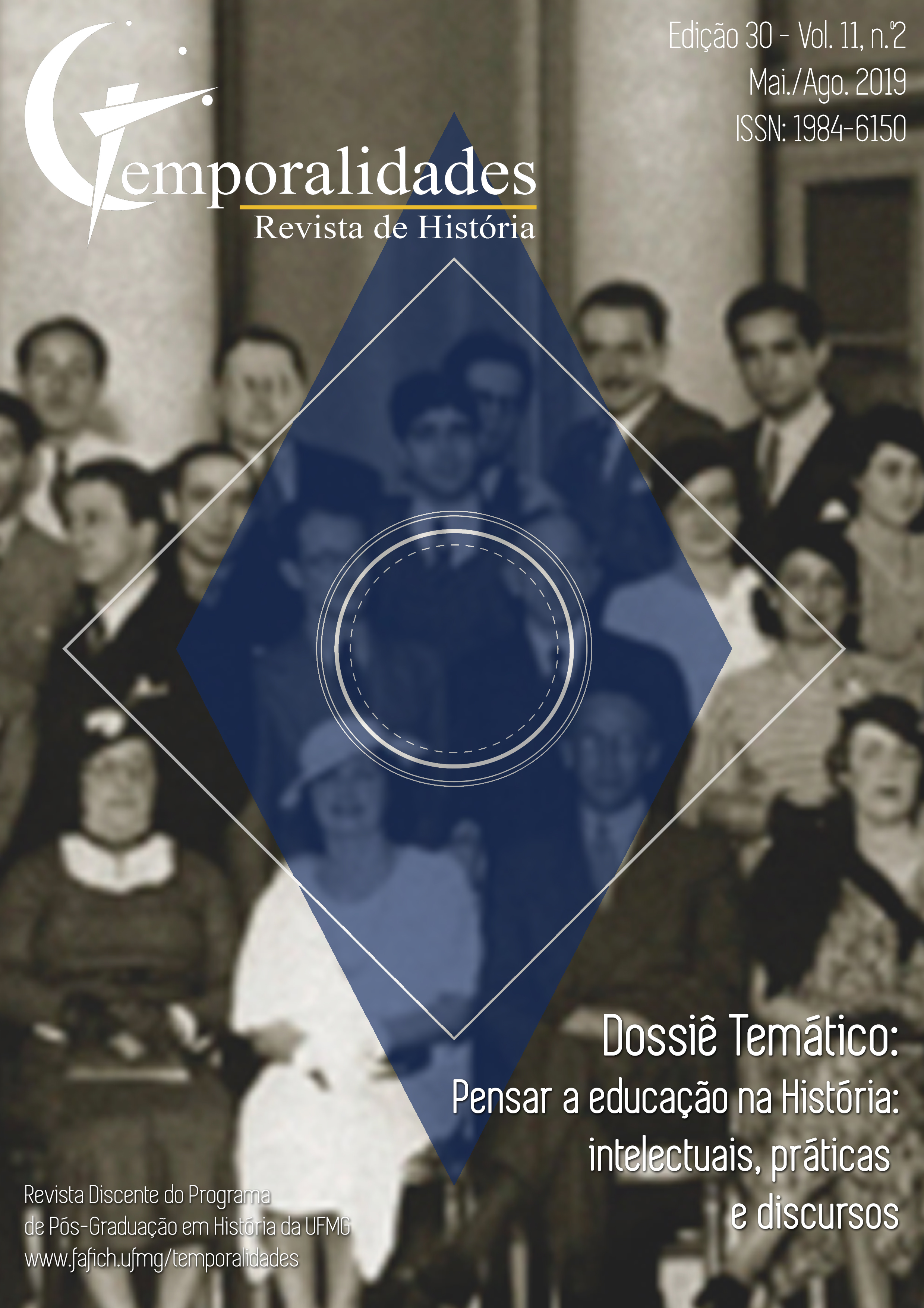From relativity to the full universe
Galileo and Descartes conceptions of inertia
Abstract
The study of movement has engaged a considerable portion of the science development. Different approaches tried to present the plausibility of systems that were dedicated to measuring the relationship between distinct objects and their position in the universe. In addition, they sought to explain how and why many of these objects moved. Galileo and Descartes are important personalities of this history, whose contributions were fundamental to the improvement of the concept of inertia, which is still fundamental. By cleaving movement and repose Galileo made possible the separation of movement from the body’s nature. Descartes, understanding repose and movement as a contingent state of matter, saw a full space, without the possibility of emptiness. In this paper we present how, between kinematics and dynamics, gravity and collisions, both author’s established safe bridges for the later development of the inertia concept (although they never mentioned the term).
Downloads
Downloads
Published
Issue
Section
License
O(A) autor(a), para fins de submissão à revista Temporalidades, deve declarar que o trabalho aqui submetido é de autoria do mesmo e nunca foi publicado em qualquer meio, seja ele impresso ou digital.
O(A) autor(a) também declara estar ciente das seguintes questões:
Os direitos autorais para artigos publicados na Temporalidades são do autor, com direitos de primeira publicação para o periódico;
Em virtude de aparecerem nesta revista de acesso público, os artigos são de uso gratuito;
A revista permitirá o uso dos trabalhos publicados para fins não-comerciais, incluindo direito de enviar o trabalho para bases de dados de acesso público.
A Temporalidades adota a licença internacional Creative Commons 4.0 (CC BY).







